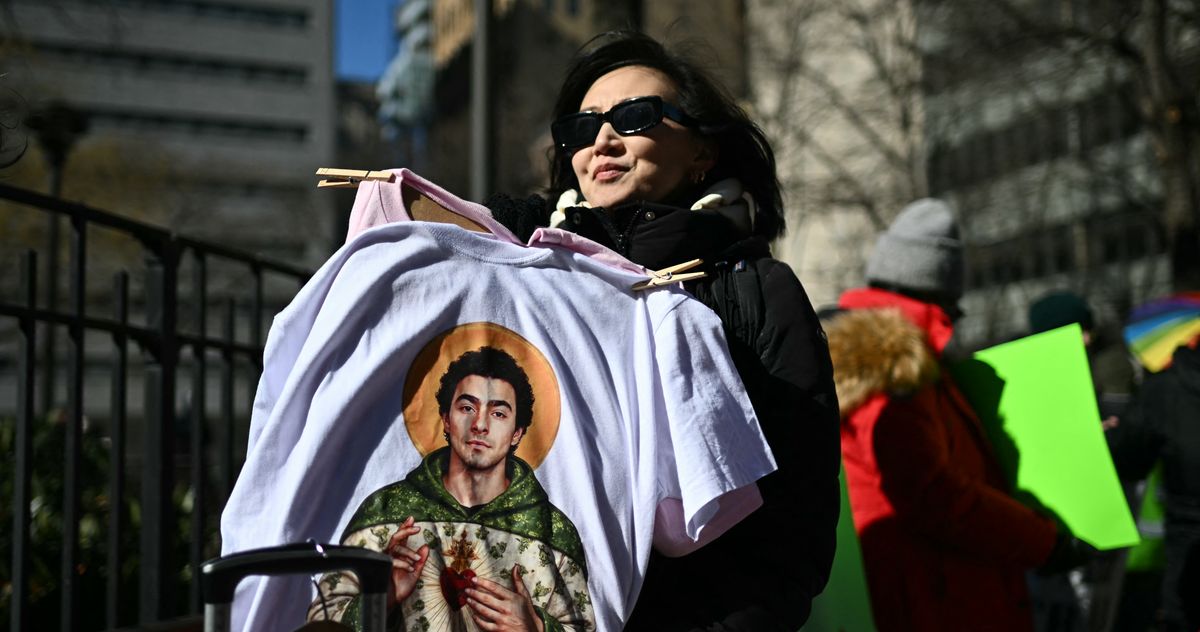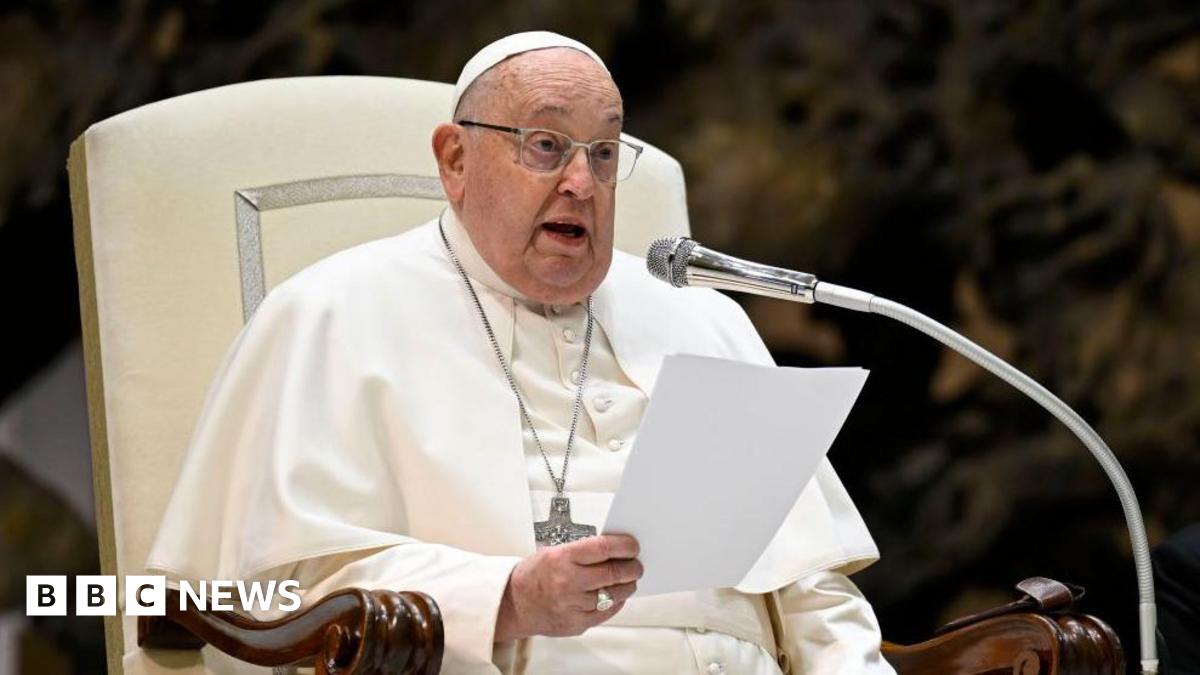Three Years On: How Russia's Invasion Reshaped Ukraine-U.S. Politics

Table of Contents
Three Years On: How Russia's Invasion Reshaped Ukraine-U.S. Politics
KYIV/WASHINGTON D.C. — Three years after Russia launched its full-scale invasion of Ukraine, the reverberations across the Atlantic continue to reshape the political landscape of both nations, particularly the complex relationship between Ukraine and the United States. The war, initially met with widespread international condemnation, has profoundly impacted domestic politics in the U.S., fueled a reassessment of foreign policy priorities, and redefined the very nature of the transatlantic alliance.
The invasion triggered an unprecedented surge in U.S. military and humanitarian aid to Ukraine, totaling over $113 billion as of October 2023, according to the Kiel Institute for the World Economy. This massive commitment, while largely bipartisan at the outset, has become a focal point of partisan division within the United States. Republicans, particularly those aligned with the more isolationist wing of the party, have increasingly questioned the scale and duration of aid, citing concerns about budgetary constraints and the potential for escalating the conflict. These criticisms have intensified as the war has dragged on, despite consistent assurances from the Biden administration that supporting Ukraine aligns with crucial U.S. national security interests.
The war's impact on domestic U.S. politics extends beyond foreign aid. The conflict has become a potent symbol in the ongoing culture wars, with contrasting narratives emerging from the right and the left. Some conservatives have embraced narratives questioning the extent of Russian aggression or expressing skepticism about Ukraine's capabilities, while progressives have engaged in debates about the potential long-term costs of military intervention and the need to prioritize domestic social programs. This polarization has complicated the already challenging task of maintaining a unified front in supporting Ukraine.
Meanwhile, the invasion has fundamentally altered the nature of the transatlantic relationship. The war has galvanized NATO members and strengthened the alliance, leading to increased defense spending across Europe and a renewed focus on collective security. The close collaboration between the U.S. and Ukraine, facilitated by regular intelligence sharing and coordinated military assistance, has fostered a deeper strategic partnership. However, managing the expectations of Ukraine, which seeks full NATO membership, remains a delicate balancing act for the U.S., given concerns about potential escalatory consequences with Russia.
The prolonged conflict has also had significant economic repercussions, impacting both the U.S. and global economies. The war exacerbated existing inflationary pressures, contributing to rising energy prices and supply chain disruptions. These effects have fueled public discontent and added another layer of complexity to the political debate surrounding continued support for Ukraine.
Looking ahead, the Ukrainian-U.S. relationship will likely continue to be defined by a complex interplay of security, economic, and domestic political considerations. While bipartisan support for Ukraine remains significant, the challenges posed by maintaining public and political backing for long-term engagement are undeniable. The upcoming U.S. presidential election in 2024 will be a critical test of whether the strong bipartisan consensus in support of Ukraine can be maintained, or if the war will become increasingly politicized and potentially fractured along partisan lines. The outcome will have significant implications for the future of both Ukraine and the transatlantic alliance.

Featured Posts
-
 The New Yorkers 100 Years 10 Controversial Covers That Went Viral
Feb 25, 2025
The New Yorkers 100 Years 10 Controversial Covers That Went Viral
Feb 25, 2025 -
 The Women Defending Luigi Mangione A Look At Their Involvement
Feb 25, 2025
The Women Defending Luigi Mangione A Look At Their Involvement
Feb 25, 2025 -
 The Covid Curse On Snls 50th Maya Rudolph And Martin Shorts Missed Celebration
Feb 25, 2025
The Covid Curse On Snls 50th Maya Rudolph And Martin Shorts Missed Celebration
Feb 25, 2025 -
 Los Angeles Bound Delta Flight Experiences Smoke Makes Emergency Landing
Feb 25, 2025
Los Angeles Bound Delta Flight Experiences Smoke Makes Emergency Landing
Feb 25, 2025 -
 Ukraines Future Zelenskys Gamble On A Trump Reconciliation
Feb 25, 2025
Ukraines Future Zelenskys Gamble On A Trump Reconciliation
Feb 25, 2025
Latest Posts
-
 Pope Francis Health Critical Status Positive Overnight Development Says Vatican
Feb 25, 2025
Pope Francis Health Critical Status Positive Overnight Development Says Vatican
Feb 25, 2025 -
 Online Assault Tracker Victims Documenting Their Experiences
Feb 25, 2025
Online Assault Tracker Victims Documenting Their Experiences
Feb 25, 2025 -
 Met Office Amber Weather Warning Triggers Major Flooding Across Wales
Feb 25, 2025
Met Office Amber Weather Warning Triggers Major Flooding Across Wales
Feb 25, 2025 -
 Trump Administrations Budget Cuts Cripple Usda Staff
Feb 25, 2025
Trump Administrations Budget Cuts Cripple Usda Staff
Feb 25, 2025 -
 Charting Mikey Madisons Success A Timeline To Potential Oscar Glory
Feb 25, 2025
Charting Mikey Madisons Success A Timeline To Potential Oscar Glory
Feb 25, 2025
